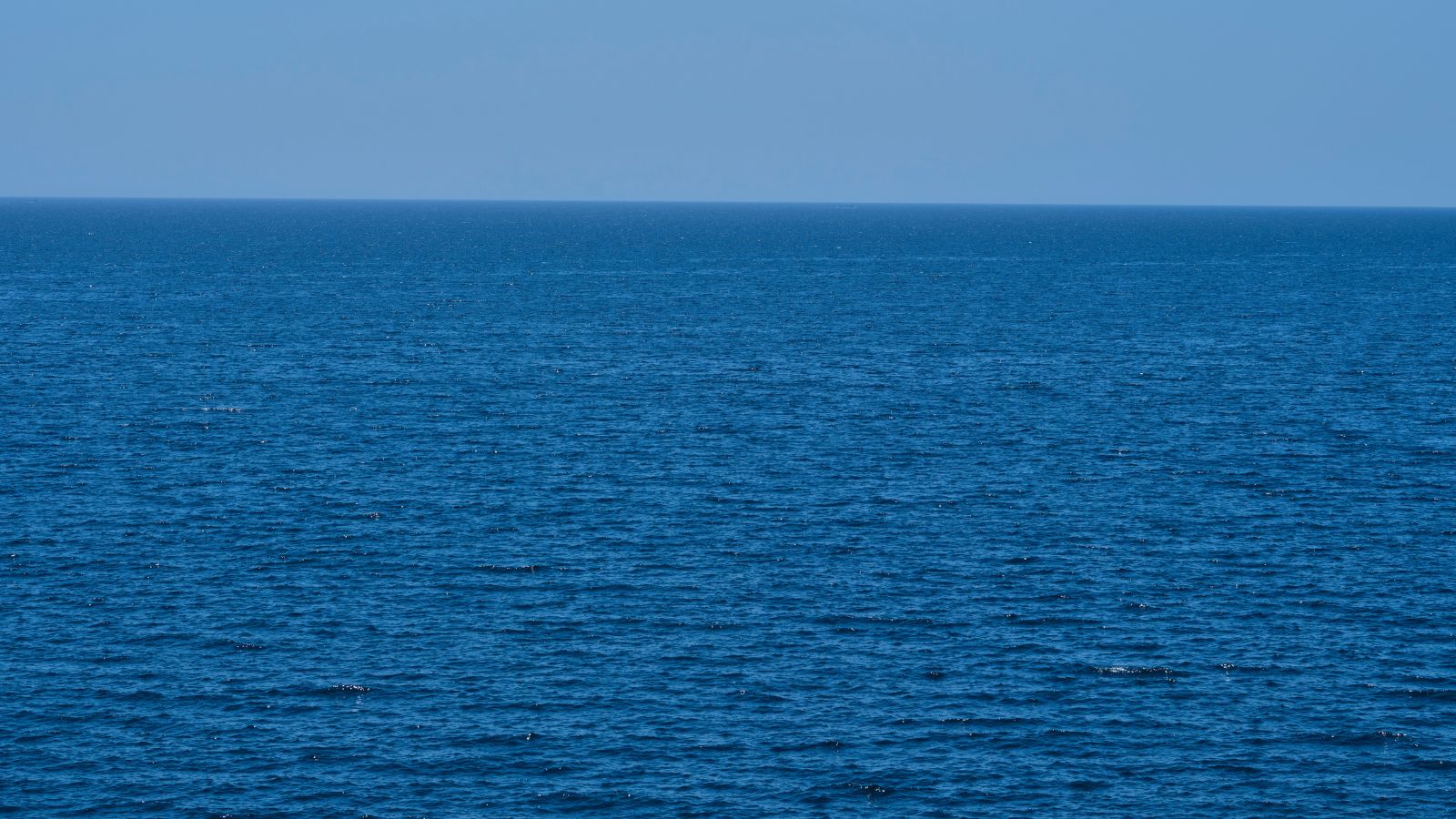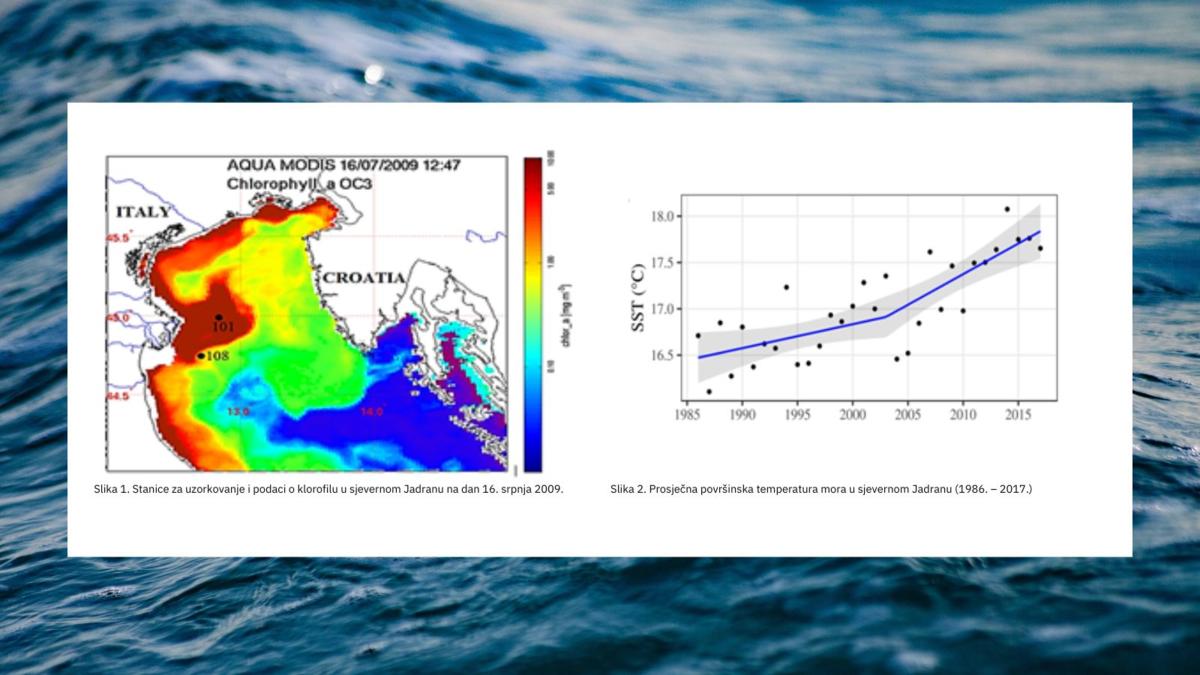"Global warming is changing the oceans and marine life through a number of indirect changes that include reduced solubility of CO2, acidification, deoxygenation, increased stratification that reduces water column mixing and contributes to oligotrophication (depletion of nutrient salts) of the upper water column, and reduction of thermohaline circulation," explains Dr. Blaženka Gašparović, correspodnding author and Head of the RBI Laboratory for marine and atmospheric biogeochemistry.
Understanding the impact of climate change on marine phytoplankton is of undeniable importance. Since phytoplankton is the basis of the food chain, higher trophic levels in the oceans and seas in the future will depend on phytoplankton species that successfully acclimatize and adapt to global change. The effects of global change are also visible in the northern Adriatic Sea, which is changing: Summer temperatures approach and occasionally exceed 30 °C, and oligotrophication has progressed. Global changes are leading to changes in phytoplankton composition that can have significant impacts on ecosystem functioning. Different phytoplankton species respond differently to climate change, and some species will adapt better to the changes.
This important research involved analysis of environmental samples collected in the northern Adriatic Sea over a 32-year period (1986 - 2017) and laboratory experiments with a diatom C. pseudocurvisetus that grows at different temperatures. The research was funded by the Croatian Science Foundation (IP-11- 2013-8607, UIP 2020-2102-7868 and UIP-2014-2109-6563).
Long-term field research has shown that C. curvisetus and C. pseudocurvisetus adapt more successfully to climate change than other species. Total phytoplankton numbers declined significantly after 2003, when a substantial temperature increase was recorded in the northern Adriatic, while the numbers of C. curvisetus and C. pseudocurvisetus remained unchanged and their contribution to the total community increased significantly. Field research revealed that these diatoms have two strategies to adapt to growth at higher temperatures: a change in the timing of high abundance and bloom in the surface layer and a successful bloom in deeper layers during warm months.
"On the other hand, laboratory studies with C. pseudocurvisetus grown at different temperatures (10 - 30 °C) have revealed one of the biochemical mechanisms of how this diatom adapts to growth at higher temperatures. This diatom changes the composition of phospholipid fatty acids, the most important molecules for building cell membranes," says Dr. Ivna Vrana Špoljarić, correspodnding author and post-doctoral researcher in the RBI Laboratory for marine and atmospheric biogeochemistry.
This interesting long-term field study and short-term laboratory experiments show that marine diatoms C. curvisetus and C. pseudocurvisetus are potential global winners that can adapt to climate change.




